The humble cucumber, a staple in kitchens worldwide, plays a vital role in the culinary traditions of various cultures. Russia, known for its rich history and diverse cuisine, is no exception when it comes to utilizing cucumbers in a myriad of dishes that reflect its unique flavor profile and culinary heritage. In Russia, cucumbers are more than just a refreshing addition to salads. They hold a special place in the hearts of Russians and are deeply ingrained in their culinary traditions. Cucumbers are revered for their versatility and are used in a wide range of dishes, from refreshing salads to hearty soups and flavorful pickles.
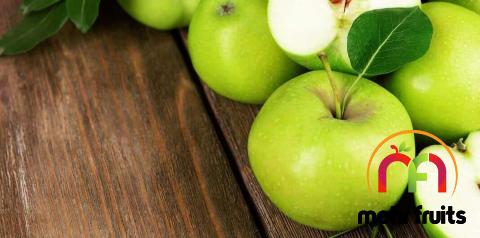
.
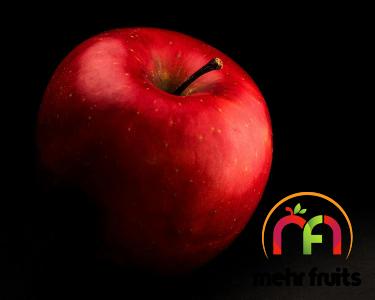 One of the most popular ways to enjoy cucumbers in Russia is in the form of a traditional salad known as the “Olivier salad.” This hearty salad features a medley of ingredients, including cucumbers, potatoes, carrots, peas, pickles, and a rich mayonnaise dressing. The addition of cucumbers adds a refreshing crunch to the salad, balancing out the creaminess of the dressing and the heartiness of the other ingredients. Cucumbers are also a key component in another beloved Russian dish, the “okroshka soup.” This cold summer soup is made with a tangy base of kvass, a fermented beverage made from rye bread, along with cucumbers, radishes, potatoes, eggs, and fresh herbs. The crispness of the cucumbers adds a refreshing contrast to the savory flavors of the soup, making it a perfect dish to enjoy on a hot summer day. In addition to salads and soups, pickled cucumbers, known as “salted cucumbers” in Russia, are a prized delicacy that is enjoyed year-round. The process of pickling cucumbers involves preserving them in a brine of water, vinegar, salt, and spices, resulting in a tangy and crunchy snack that pairs perfectly with bread, cheese, and meats. Pickled cucumbers are a common accompaniment to traditional Russian dishes such as pelmeni (dumplings) and borscht (beet soup). Beyond their culinary uses, cucumbers also hold significance in Russian folk medicine and beauty rituals. Cucumbers are believed to have cooling and hydrating properties, making them a popular ingredient in facial masks and skincare products. The high water content of cucumbers helps to moisturize the skin and reduce puffiness, making them a well-loved natural remedy for skincare concerns. Cucumbers are also valued for their nutritional benefits, as they are low in calories and high in vitamins and minerals.
One of the most popular ways to enjoy cucumbers in Russia is in the form of a traditional salad known as the “Olivier salad.” This hearty salad features a medley of ingredients, including cucumbers, potatoes, carrots, peas, pickles, and a rich mayonnaise dressing. The addition of cucumbers adds a refreshing crunch to the salad, balancing out the creaminess of the dressing and the heartiness of the other ingredients. Cucumbers are also a key component in another beloved Russian dish, the “okroshka soup.” This cold summer soup is made with a tangy base of kvass, a fermented beverage made from rye bread, along with cucumbers, radishes, potatoes, eggs, and fresh herbs. The crispness of the cucumbers adds a refreshing contrast to the savory flavors of the soup, making it a perfect dish to enjoy on a hot summer day. In addition to salads and soups, pickled cucumbers, known as “salted cucumbers” in Russia, are a prized delicacy that is enjoyed year-round. The process of pickling cucumbers involves preserving them in a brine of water, vinegar, salt, and spices, resulting in a tangy and crunchy snack that pairs perfectly with bread, cheese, and meats. Pickled cucumbers are a common accompaniment to traditional Russian dishes such as pelmeni (dumplings) and borscht (beet soup). Beyond their culinary uses, cucumbers also hold significance in Russian folk medicine and beauty rituals. Cucumbers are believed to have cooling and hydrating properties, making them a popular ingredient in facial masks and skincare products. The high water content of cucumbers helps to moisturize the skin and reduce puffiness, making them a well-loved natural remedy for skincare concerns. Cucumbers are also valued for their nutritional benefits, as they are low in calories and high in vitamins and minerals.
..
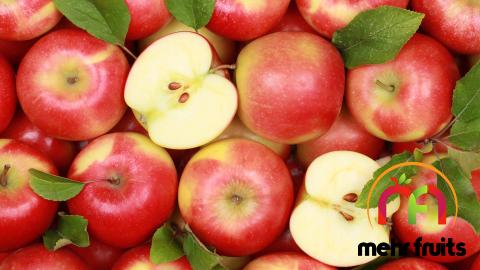 They are a good source of vitamin K, which is important for bone health and blood clotting, as well as vitamin C, an essential nutrient that supports the immune system. Cucumbers also contain antioxidants and anti-inflammatory compounds that may help reduce the risk of chronic diseases and promote overall health and well-being. In Russian folklore, cucumbers are often associated with good luck and prosperity. It is believed that planting cucumbers in the spring will bring a bountiful harvest and ensure abundance for the year ahead. Cucumbers are also a symbol of fertility and are sometimes included in wedding traditions to bless the newlyweds with a fruitful union. The versatility of cucumbers in Russian cuisine is a testament to the enduring love and appreciation for this simple yet versatile vegetable. Whether enjoyed fresh in salads, pickled for long-term preservation, or used in skincare rituals, cucumbers continue to hold a special place in the hearts and traditions of the Russian people. With their crisp texture, refreshing flavor, and numerous health benefits, cucumbers will undoubtedly remain a beloved ingredient in Russian kitchens for generations to come. The versatility of cucumbers in Russian cuisine is truly remarkable, as they are celebrated for their ability to enhance a wide range of dishes with their refreshing crunch and subtle flavor. Their presence in traditional Russian recipes reflects the deep-rooted connection between food, culture, and heritage in Russian culinary traditions. In addition to being a culinary staple, cucumbers also play a role in Russian cultural practices and superstitions. In Russian folklore, cucumbers are often associated with fertility and prosperity. It is believed that the shape of a cucumber, with its elongated form and rounded edges, symbolizes abundance and growth. This symbolism is reflected in the tradition of giving cucumbers as gifts during harvest festivals and celebrations. Cucumbers are also revered for their cleansing and purifying properties in Russian folk medicine.
They are a good source of vitamin K, which is important for bone health and blood clotting, as well as vitamin C, an essential nutrient that supports the immune system. Cucumbers also contain antioxidants and anti-inflammatory compounds that may help reduce the risk of chronic diseases and promote overall health and well-being. In Russian folklore, cucumbers are often associated with good luck and prosperity. It is believed that planting cucumbers in the spring will bring a bountiful harvest and ensure abundance for the year ahead. Cucumbers are also a symbol of fertility and are sometimes included in wedding traditions to bless the newlyweds with a fruitful union. The versatility of cucumbers in Russian cuisine is a testament to the enduring love and appreciation for this simple yet versatile vegetable. Whether enjoyed fresh in salads, pickled for long-term preservation, or used in skincare rituals, cucumbers continue to hold a special place in the hearts and traditions of the Russian people. With their crisp texture, refreshing flavor, and numerous health benefits, cucumbers will undoubtedly remain a beloved ingredient in Russian kitchens for generations to come. The versatility of cucumbers in Russian cuisine is truly remarkable, as they are celebrated for their ability to enhance a wide range of dishes with their refreshing crunch and subtle flavor. Their presence in traditional Russian recipes reflects the deep-rooted connection between food, culture, and heritage in Russian culinary traditions. In addition to being a culinary staple, cucumbers also play a role in Russian cultural practices and superstitions. In Russian folklore, cucumbers are often associated with fertility and prosperity. It is believed that the shape of a cucumber, with its elongated form and rounded edges, symbolizes abundance and growth. This symbolism is reflected in the tradition of giving cucumbers as gifts during harvest festivals and celebrations. Cucumbers are also revered for their cleansing and purifying properties in Russian folk medicine.
…
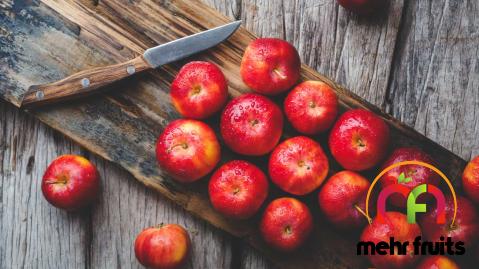 The high water content of cucumbers makes them a natural diuretic, aiding in the elimination of toxins from the body. In traditional Russian medicine, cucumbers are used to treat various ailments, including skin irritations, digestive issues, and inflammation. Cucumber-infused water, known as “aguritsevaya voda,” is a popular remedy for promoting hydration and detoxification. The tradition of pickling cucumbers in Russia dates back centuries and remains a cherished practice to this day. Russian pickles, known as “ogurtsy,” are a beloved snack enjoyed alongside meals or as a standalone treat. The process of pickling cucumbers involves immersing them in a brine solution of water, vinegar, salt, and spices, allowing them to ferment and develop a tangy and complex flavor profile. Pickled cucumbers are a versatile condiment that can be enjoyed on their own, added to sandwiches, or paired with meats and cheeses. During the winter months, when fresh produce is scarce, pickled cucumbers provide a taste of summer’s bounty and a burst of flavor to meals. The process of pickling cucumbers not only preserves them for long-term storage but also enhances their texture and taste, creating a delightful combination of crispness and tanginess that is quintessentially Russian. In Russian culture, the act of preparing pickled cucumbers is a communal activity that brings families and communities together. Pickling cucumbers is often done in large batches, with family members and friends coming together to peel, slice, and jar the cucumbers in a shared effort to preserve the harvest for the months ahead. This age-old tradition fosters a sense of camaraderie and connection as people work side by side to prepare and savor the fruits of their labor. In conclusion, cucumbers hold a special place in Russian cuisine, culture, and traditions, embodying the essence of summer freshness and abundance. Whether enjoyed in a crisp salad, a chilled soup, or a tangy pickle, cucumbers continue to captivate the palates and imaginations of the Russian people. Their versatility, health benefits, and cultural significance make cucumbers a cherished ingredient that embodies the spirit of Russian culinary heritage. As a symbol of prosperity, fertility, and communal gathering, cucumbers will continue to be a source of nourishment and joy for generations to come in Russia and beyond.
The high water content of cucumbers makes them a natural diuretic, aiding in the elimination of toxins from the body. In traditional Russian medicine, cucumbers are used to treat various ailments, including skin irritations, digestive issues, and inflammation. Cucumber-infused water, known as “aguritsevaya voda,” is a popular remedy for promoting hydration and detoxification. The tradition of pickling cucumbers in Russia dates back centuries and remains a cherished practice to this day. Russian pickles, known as “ogurtsy,” are a beloved snack enjoyed alongside meals or as a standalone treat. The process of pickling cucumbers involves immersing them in a brine solution of water, vinegar, salt, and spices, allowing them to ferment and develop a tangy and complex flavor profile. Pickled cucumbers are a versatile condiment that can be enjoyed on their own, added to sandwiches, or paired with meats and cheeses. During the winter months, when fresh produce is scarce, pickled cucumbers provide a taste of summer’s bounty and a burst of flavor to meals. The process of pickling cucumbers not only preserves them for long-term storage but also enhances their texture and taste, creating a delightful combination of crispness and tanginess that is quintessentially Russian. In Russian culture, the act of preparing pickled cucumbers is a communal activity that brings families and communities together. Pickling cucumbers is often done in large batches, with family members and friends coming together to peel, slice, and jar the cucumbers in a shared effort to preserve the harvest for the months ahead. This age-old tradition fosters a sense of camaraderie and connection as people work side by side to prepare and savor the fruits of their labor. In conclusion, cucumbers hold a special place in Russian cuisine, culture, and traditions, embodying the essence of summer freshness and abundance. Whether enjoyed in a crisp salad, a chilled soup, or a tangy pickle, cucumbers continue to captivate the palates and imaginations of the Russian people. Their versatility, health benefits, and cultural significance make cucumbers a cherished ingredient that embodies the spirit of Russian culinary heritage. As a symbol of prosperity, fertility, and communal gathering, cucumbers will continue to be a source of nourishment and joy for generations to come in Russia and beyond.
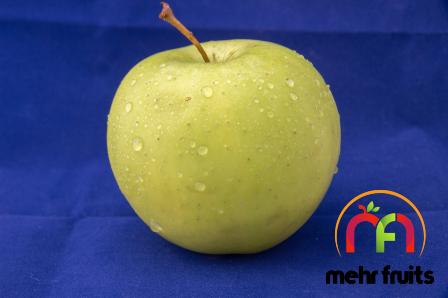
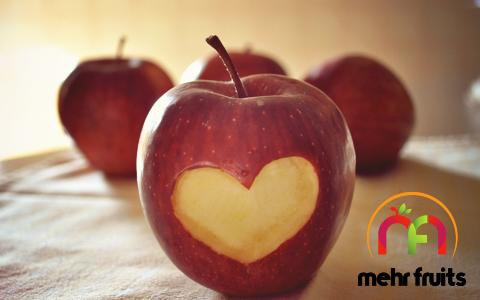
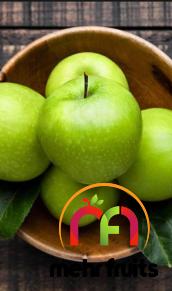
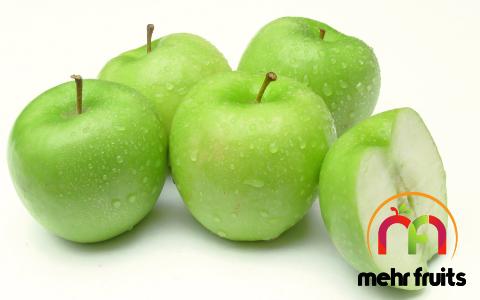
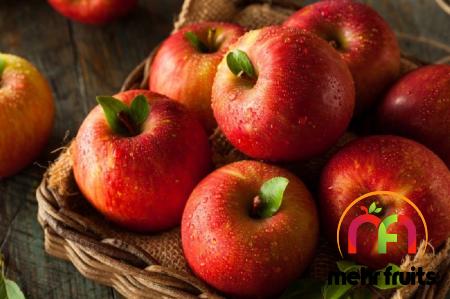
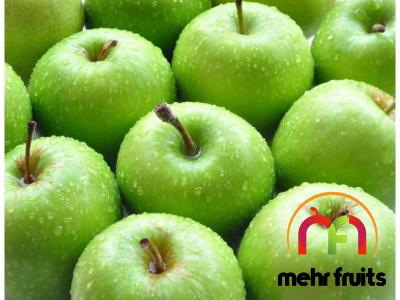
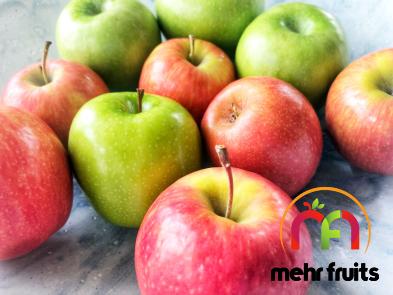
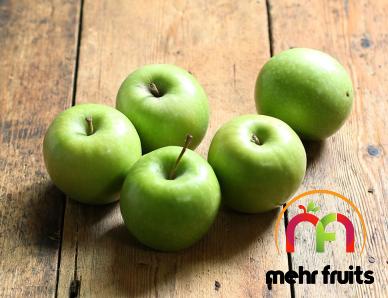
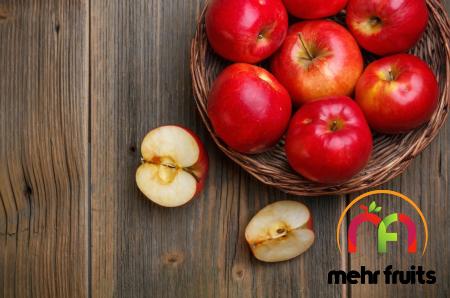
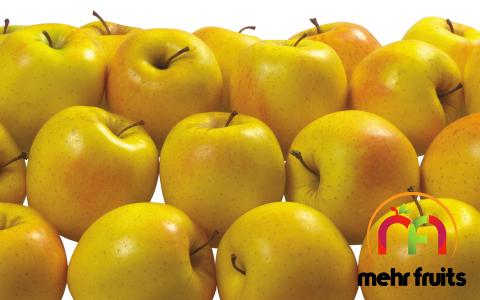
Your comment submitted.